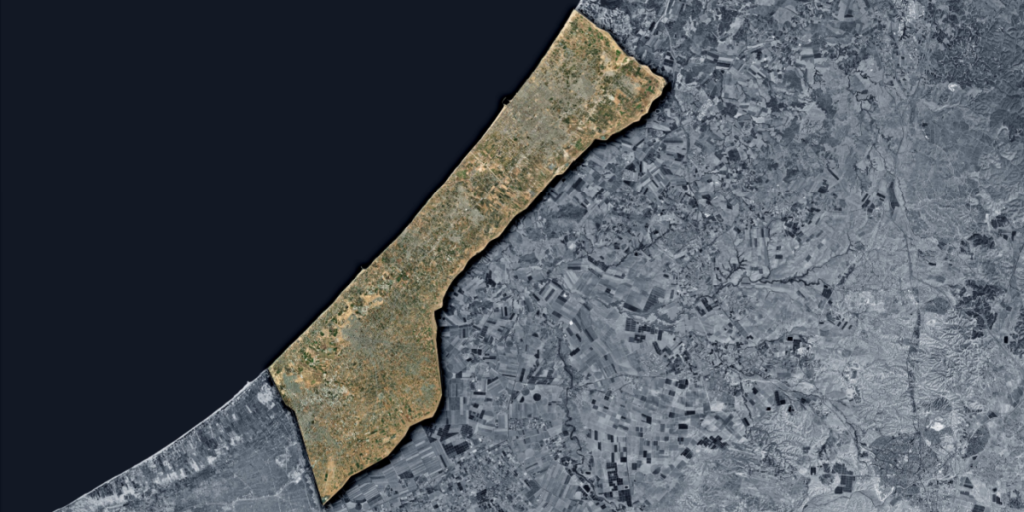South Sudan has already accepted deportees from the US, possibly as a goodwill gesture.
Others are reading now
Israel is exploring the possibility of relocating Palestinians from Gaza to South Sudan, according to six individuals familiar with the matter.
The discussions are part of a broader effort by Israel to promote large-scale emigration from Gaza, which has been devastated by nearly two years of military operations against Hamas. The proposal has raised serious concerns about human rights and the ethics of transferring civilians from one conflict zone to another.
Netanyahu Pushes for “Voluntary Migration” Vision
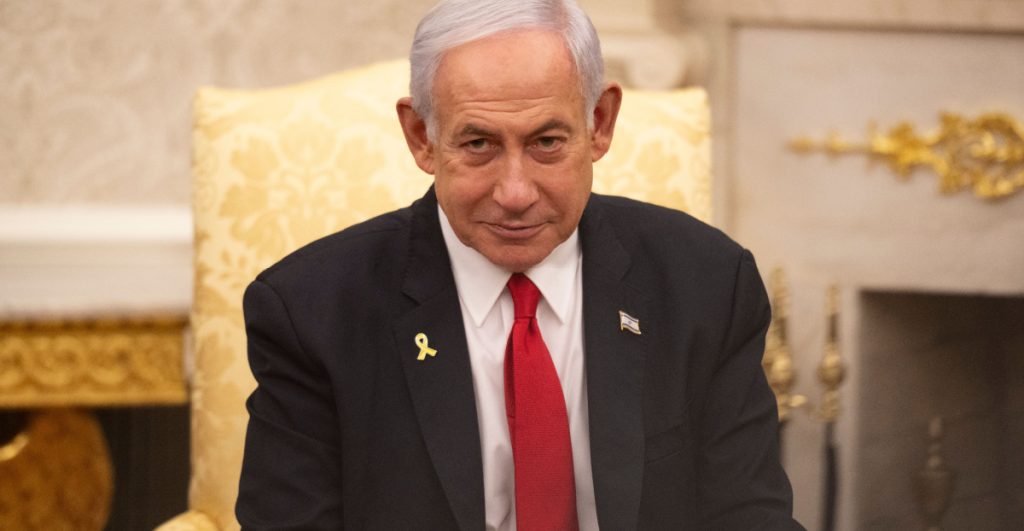
Israeli Prime Minister Benjamin Netanyahu has long advocated for what he calls “voluntary migration” as a solution for Gaza.
He argues that allowing civilians to leave would enable Israel to better target Hamas. Although he hasn’t publicly mentioned South Sudan, Netanyahu said on Israeli TV that it’s lawful and strategic to encourage population movement before escalating military operations.
Global Backlash Over Forced Relocation Fears

The idea of resettling Palestinians abroad has sparked widespread condemnation. Palestinians, human rights organizations, and many foreign governments see it as a plan for forced expulsion, an action that would likely violate international law.
Also read
Critics warn it could set a dangerous precedent, especially given Gaza’s status as an occupied territory.
South Sudan Publicly Denies Resettlement Plans
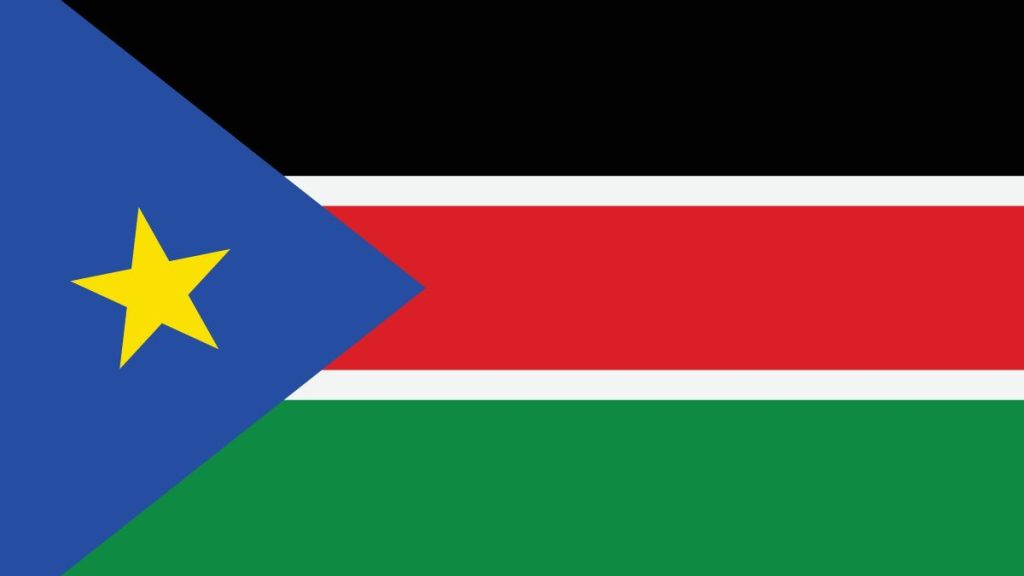
Despite reports of diplomatic talks, South Sudan’s foreign ministry has dismissed claims of an agreement with Israel, calling them “baseless.” Israeli Deputy Foreign
Minister Sharren Haskel recently visited South Sudan but insisted she did not raise the issue of Palestinian resettlement. Nonetheless, unnamed South Sudanese officials and intermediaries confirmed the topic has been discussed informally.
Lobbyists and Delegations Quietly Explore Options
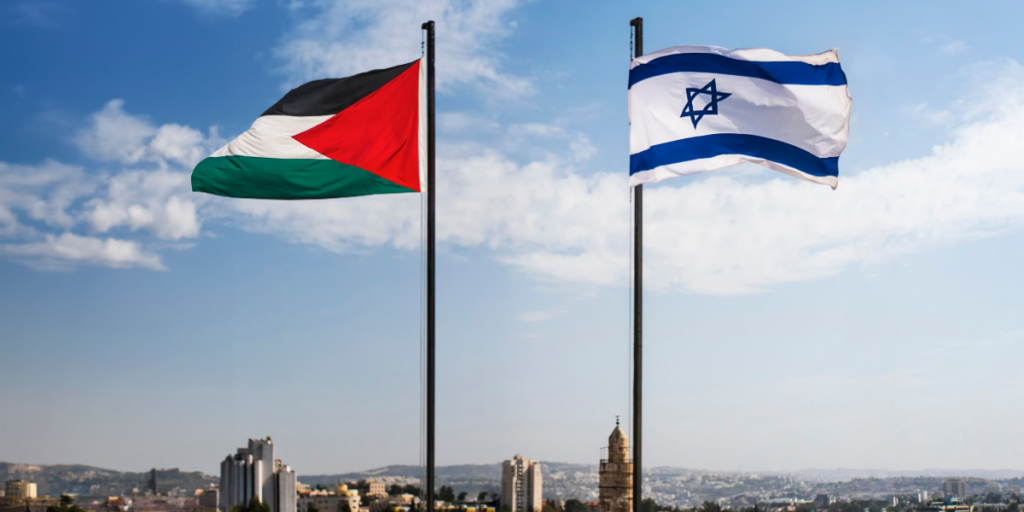
Joe Szlavik, a US-based lobbyist working with South Sudan, said Israeli officials are considering setting up temporary camps in the country and may visit soon to assess feasibility.
While no timeline has been set, Szlavik said Israel would likely foot the bill. Other sources confirmed talks are ongoing but emphasized they remain confidential and unofficial.
Also read
Egypt’s Strong Opposition to Gaza Relocation
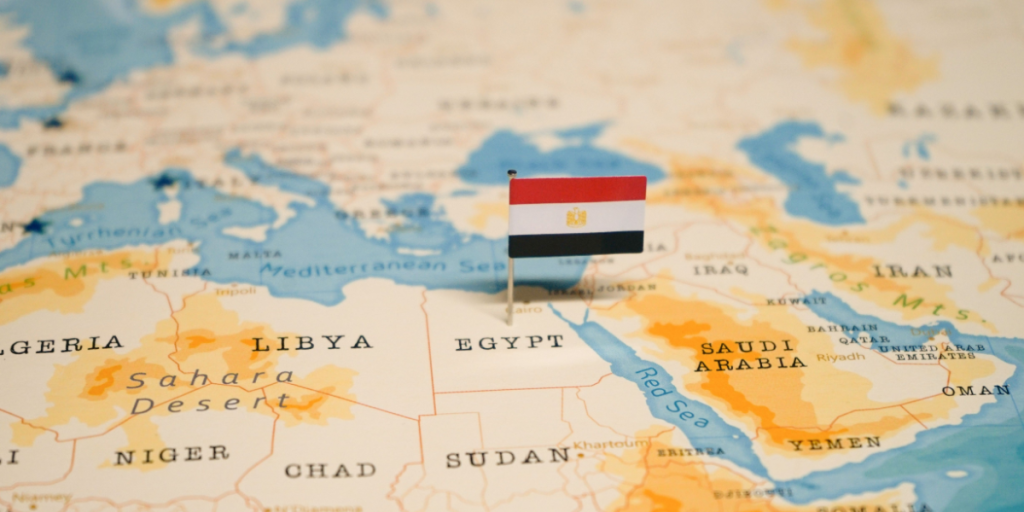
Egypt, which shares a border with Gaza, is firmly against any plan to move Palestinians out of the enclave.
Egyptian officials say they’ve been lobbying South Sudan not to accept refugees, fearing spillover into their own territory. Egypt has long viewed stability in Gaza as essential to its own national security.
Previous Talks with Other African Nations
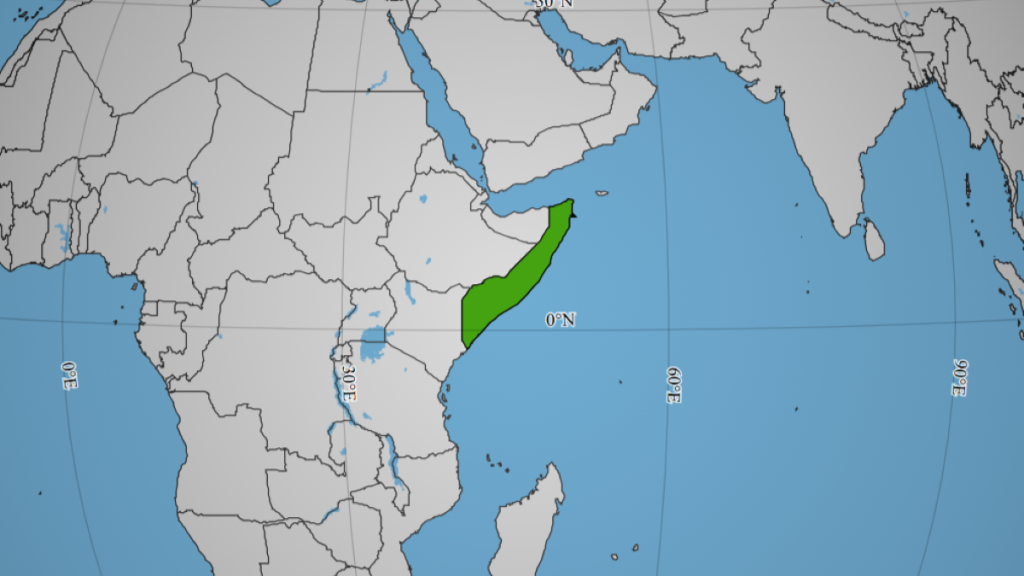
This isn’t Israel’s first attempt to find resettlement partners. The Associated Press previously reported on similar conversations involving Sudan, Somalia, and Somaliland, all regions grappling with their own conflicts and food shortages.
The current status of those negotiations remains unclear.
Strategic Motives Behind South Sudan’s Involvement
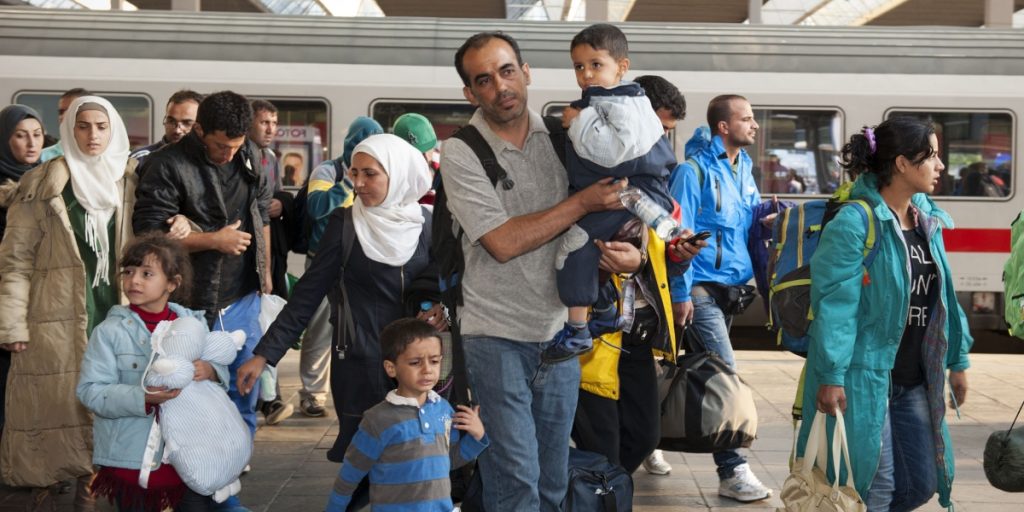
South Sudan, still reeling from civil war, is eager to strengthen ties with powerful allies. Szlavik said the country is hoping for favors from the Trump administration, such as the removal of US sanctions and travel bans.
Also read
South Sudan has already accepted deportees from the US, possibly as a goodwill gesture.
Gaza’s Population Resists Permanent Relocation
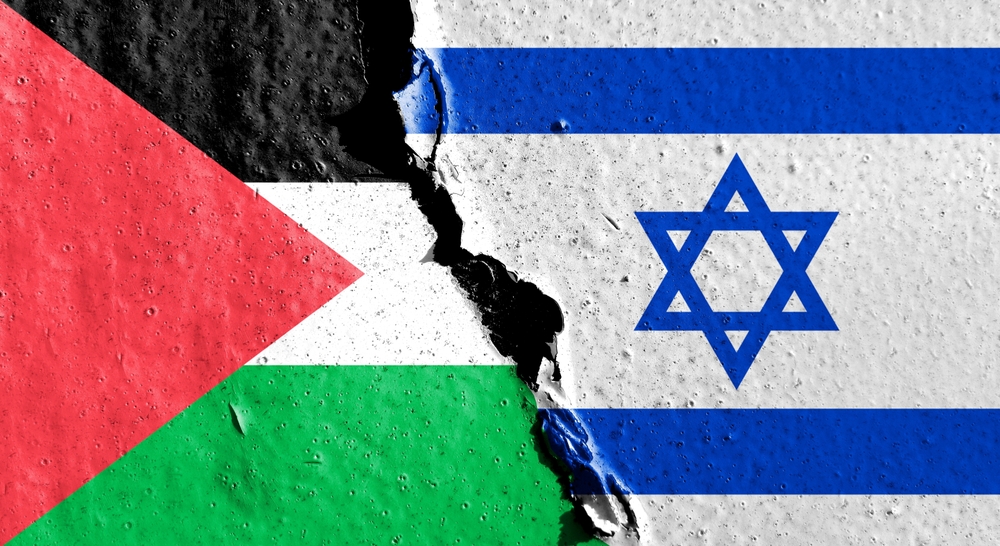
Although many Palestinians want to escape the violence and food shortages in Gaza, most are strongly opposed to permanent relocation.
They see Gaza as their homeland and fear that leaving would allow Israel to seize the territory for settlement expansion. Even those willing to leave are unlikely to choose unstable South Sudan as a safe haven.
South Sudan Ill-Equipped for Refugee Influx
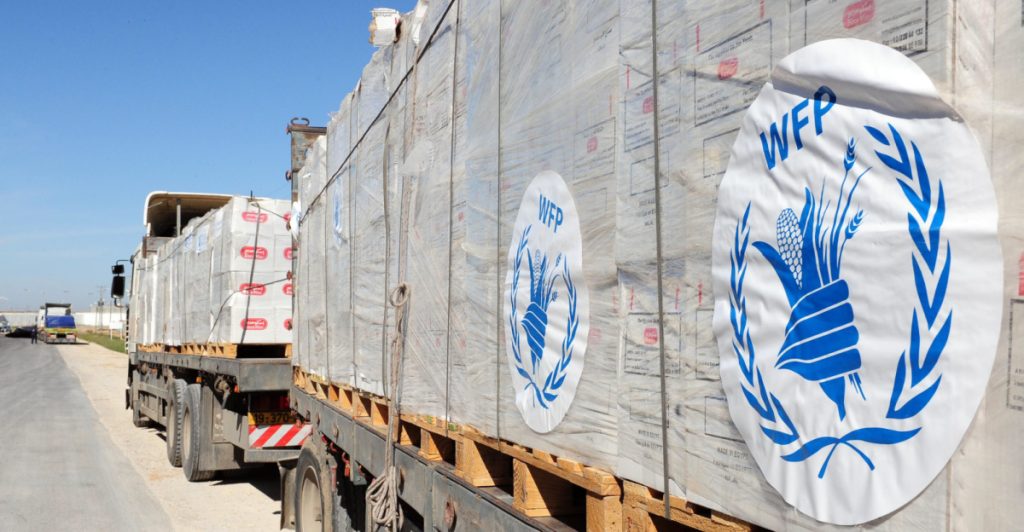
South Sudan is still recovering from a civil war that killed nearly 400,000 people and pushed parts of the country into famine.
Corruption and food insecurity remain widespread, and the country relies heavily on foreign aid. Civil society leader Edmund Yakani warned that resettling Palestinians could provoke ethnic or religious tensions, saying South Sudan “should not become a dumping ground.”

